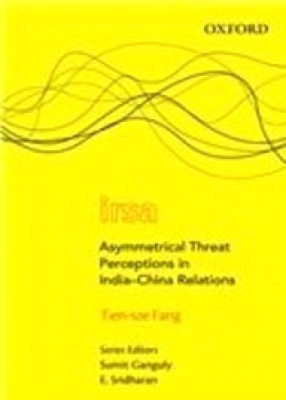The rise of India and China as the two Asian superpowers has been a dominant feature of twenty-first century world politics. For decades, both nations have been fiercely trying to expand their own influence in South Asia, resulting in deep-rooted tensions in their relations. This has had a far-reaching effect over regional security and is seen as a decisive factor in reshaping the international order.
Why are China and India not able to develop a long term, stable, and friendly relationship? Shedding light on this important question, this book, part of the Oxford International Relations in South Asia series, provides a new perspective for understanding India-China relations. It examines the chief impediments to a stable relationship-the nuclear issue, the border problem, the Tibet issue, regional competition and cooperation, and India-China relations in the global context. The author observes that the asymmetry in threat perceptions of the two nations is responsible for instability in their bilateral relations, and the prospect of forging closer political links hinges on the convergence of the security perceptions of both sides.
South Asia has acquired a strategic role and importance in the rapidly evolving global and political scenario. The present series analyses foreign and security policies in the region.







There are no reviews yet.